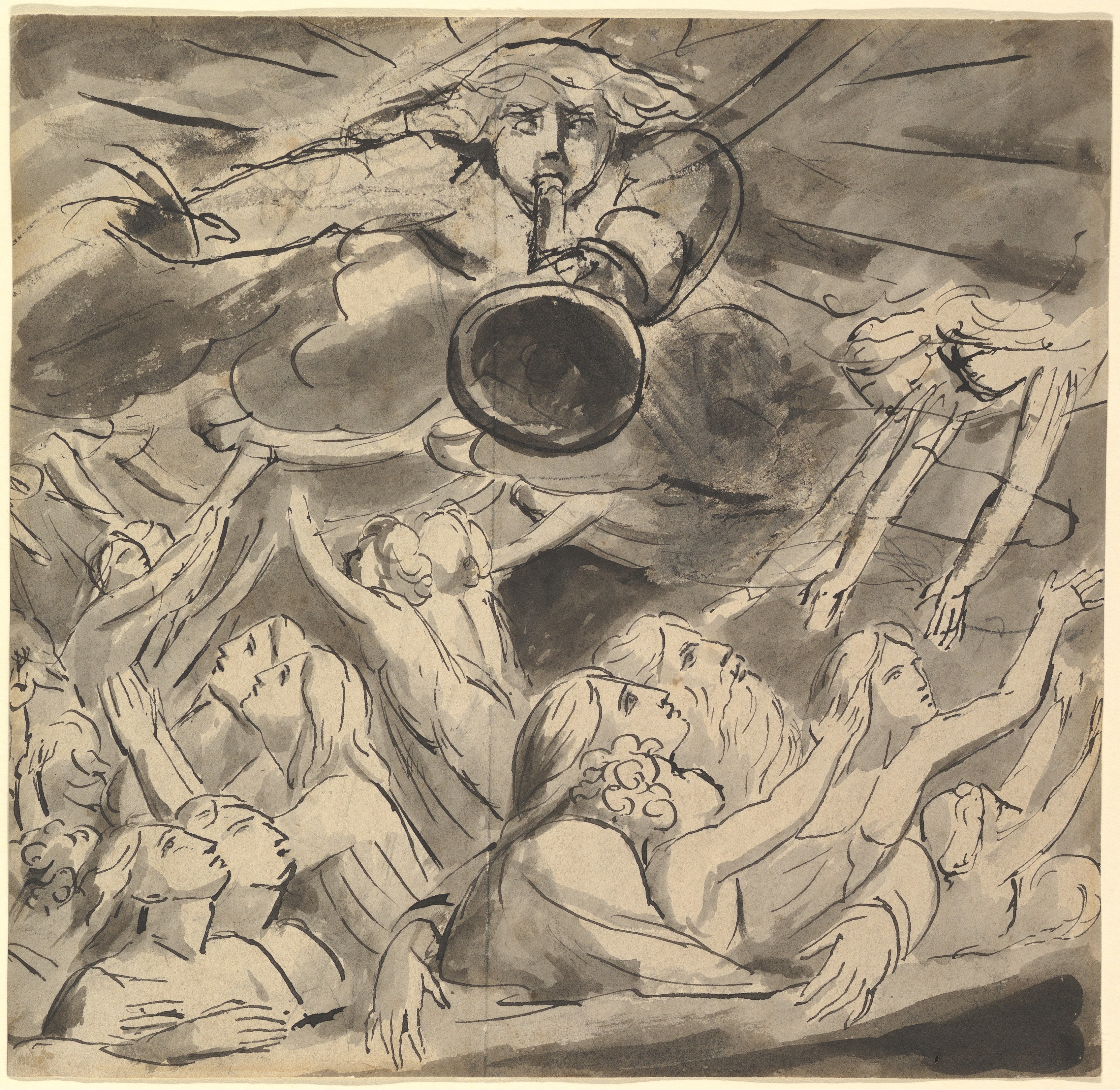........
"Milton is a prophetic narrative since with it Blake exposes errors and renovates perception by teaching visionary truth. The prophetic narrative is conveyed both by words and by designs; Blake weaves together the linear orientation of words and the spatial dimensions of the graphic arts. However in neither words nor designs does Blake adhere to orthodox sequences of patterns. That is, we cannot read Milton 'in time,' from a first event to a final event. Nor can we read Milton 'in space,' from a first place to a final place. Blake structures his words and designs in intricate patterns of parallelism and inversion that lead toward the unity of all words and designs within prophetic narration. For Blake, prophecy teaches that spiritual travel must renovate each moment of each day. This narrative in Milton asserts that a spiritual journey is made in time and space, but it simultaneously renovates our perceptions of time and space. The journey that the character Milton undertakes is necessarily individual, but since it shares the archetypal pattern of such paths, it is, as Blake confirms mutual. Moreover, for Blake, all spiritual journeys begin and end in the love and mercy of Jesus, the Saviour, and the Saviour's love and mercy are present, not in one time and place or in one miraculous event, as a time-bound Natural Religion would have it, but present for all times and in all places as the ever-present potential for regeneration." (Page 158)
New York Public Library
Milton
Copy c
Plate 20 provides a verbal description of the Blake's participation in embarking on the journey. Plate 21 provides the complementary visual event. (In Copy b at the Huntington.)
Milton, PLATE 22 [20], (E 116)
"Tho driven away with the Seven Starry Ones into the Ulro
Yet the Divine Vision remains Every-where For-ever. Amen.
And Ololon lamented for Milton with a great lamentation.
While Los heard indistinct in fear, what time I bound my sandals
On; to walk forward thro' Eternity, Los descended to me:
And Los behind me stood; a terrible flaming Sun: just close
Behind my back; I turned round in terror, and behold.
Los stood in that fierce glowing fire; & he also stoop'd down
And bound my sandals on in Udan-Adan; trembling I stood
Exceedingly with fear & terror, standing in the Vale
Of Lambeth: but he kissed me and wishd me health.
And I became One Man with him arising in my strength:
Twas too late now to recede. Los had enterd into my soul:
His terrors now posses'd me whole! I arose in fury & strength.
I am that Shadowy Prophet who Six Thousand Years ago
Fell from my station in the Eternal bosom. Six Thousand Years
Are finishd. I return! both Time & Space obey my will.
I in Six Thousand Years walk up and down: for not one Moment
Of Time is lost, nor one Event of Space unpermanent
But all remain: every fabric of Six Thousand Years
Remains permanent: tho' on the Earth where Satan
Fell, and was cut off all things vanish & are seen no more
They vanish not from me & mine, we guard them first & last
The generations of men run on in the tide of Time
But leave their destind lineaments permanent for ever & ever.
So spoke Los as we went along to his supreme abode."
.

